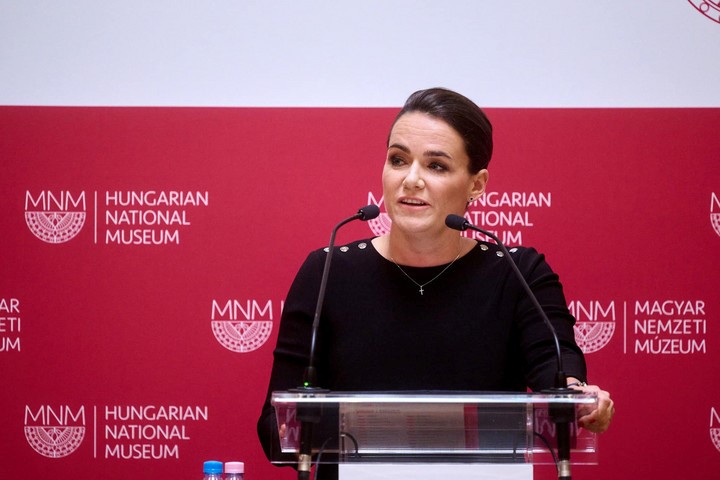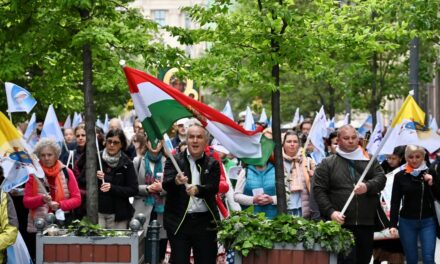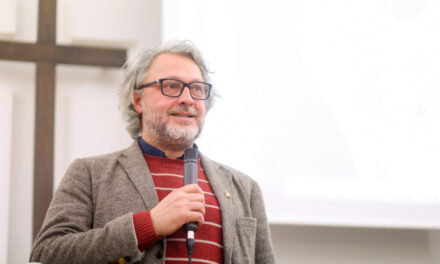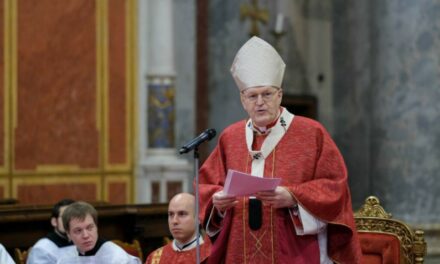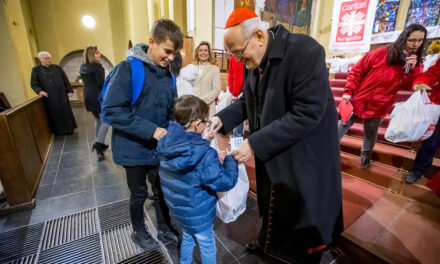For us Hungarians, Christianity is predestination, our past, our present and our future at the same time - emphasized the XVI. Katalin Novák at the opening of the Ars Sacra festival in Budapest on Friday.
As the main secular patron of the Ars Sacra, the president of the republic said: the audience of the festival expects more from art than the entertainment of the individual, they look for the eternal in the work of art in addition to the contemporary.
"The protection of Hungary's constitutional identity and Christian culture is the duty of all organs of the state," the head of state quoted from the Basic Law, adding: all of this warns that it is not only necessary to respect the past. Values such as marriage, having children, the family or the national community must also be protected in an active way, he noted.
Katalin Novák reminded us that the Basic Law believes that marriage is a life-long union of love between a man and a woman, the source of which is God himself. It follows from this perception that the family whose members see each other and the child as a gift has a future, he emphasized.
As he said, elevation in sacredness is stimulated not only by the artistic experience, but also by the encounter with the divine.
This festival gives the participants the opportunity to gain certainty about it: anything can become holy and sacred only through God.
The organizers, artists and visitors of the festival are well aware that "for us Hungarians, Christianity is predestination, our past, our present and our future at the same time". The head of state added that it depends on our conscious choice of values whether we are able to represent Christian culture authentically and attractively, last year's International Eucharistic Congress and the Ars Sacra Festival were examples of this.
Cardinal Péter Erdő, Primate, Archbishop of Esztergom-Budapest, said: many researchers believe that, contrary to the modern Western understanding, art was not separated from crafts and sacredness in ancient cultures, so the concept of sacred art would also be considered a repetition of words.
The Ars Sacra Festival gives its participants an opportunity to reflect on the self-identity of our Western culture, he noted, adding: Hungarians have been part of the collective West for centuries, but they have always felt the attraction of the unity inherited from their ancient culture. According to Apostolic Nuncio Michael Wallace Banach, the festival is ultimately about togetherness.
In the following days, religious art invites the participants to experience the values that are essential for every time and every culture, he said.
The Ars Sacra Festival awaits the public for 9 days from Saturday in almost 80 towns across the country with around 400 programs in 11 genres, including musical, literary and visual arts events. 132 churches will open their doors during the event.
Source: MTI
Photo: Facebook/Katalin Novak

